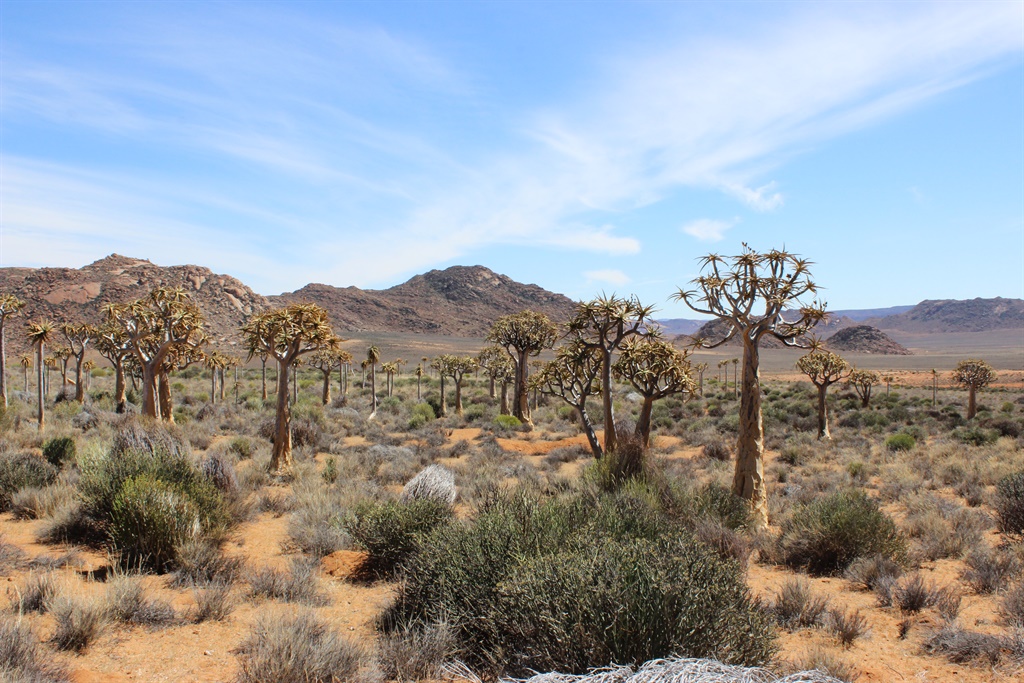
In his book, Black Africa: The Economic Basis for a Federated State, Senegalese scholar and Pan-Africanist activist Cheikh Anta Diop observed that for a long time those committed to the emancipation of Africans, in all respects, wrongly thought that they could do so without the necessary understanding of the histories and cultures of the African people.
Time, as Diop pointed out, proved such Africans wrong. Diop’s observations are important to recall now for three interrelated reasons. This year marks the 70th anniversary of the publication of Diop’s article, When Can We Talk Of An African Renaissance? The continued significance of Diop’s 1948 article is his advice to us that there can be no meaningful African Renaissance to speak of except in African languages. This is because Diop recognised, long before Ngugi wa Thiong’o strongly argued in many of his books, that language is both the carrier and the memory bank of culture.
If Africans are committed to reclaiming their heritage to rebuild themselves and claim their space as equal members of the human race in politics and economics, this can effectively be done by using African languages. This is so because no meaningful rebirth can take place without the involvement of the masses of the African people, unless such is meant to be an elitist project.
To include the African masses in the African Renaissance, African languages are essential because the masses of our people speak African languages, not European ones.
The second reason for recalling Diop has to do with the announcement by the basic education department, led by Angie Motshekga, that from 2020 Kiswahili language is going to be part of the school curriculum. This is exciting news which brings us to the third reason for remembering Diop.
And this is that this year on September 28 and 29 we celebrated the 20th anniversary of the first historical African Renaissance conference held in South Africa in 1998 under the able leadership of Thaninga Shope, Thami Mazwai and Malegapuru Makgoba.
The announcement by Motshekga’s department is a celebration of Diop’s 70th anniversary of his paper and that of the 20th anniversary of the African Renaissance conference at the same time for a number of reasons.
The introduction of Kiswahili in schools is going to enable Africans to break the linguistic barriers which make Africans foreigners to one another. It is going to break Africans’ dependence on their former colonial masters’ languages which forces Africans to speak English, French or Portuguese when they cannot speak one another’s languages.
The second reason is that a common African language is going to enable Africans to know one another. They are going to realise that, contrary to the often advanced view that there is little or nothing that unites Africans beyond their geographic reality and that Africans are nothing more than a diverse and heterogeneous people, the fact is that there is so much in terms of cultural values that unites us – ancestor-veneration (wrongly called ancestor worship), consensus democracy and the notion of family, to name but three.
Africans will come to realise that it is not only the isiXhosa-speaking people who have as their totem the baboon, but that the SeSotho- and Setswana-speaking people do, too. Hence among amaXhosa you find amaMfene, and among the baSotho and baTswana you find baTshwene – all meaning the same – the baboon people. Unlike some national groups who think that baboons are stupid animals, Africans, in southern Africa and right up to Ancient Egypt, held baboons in high regard.
If we knew this cultural heritage, we would take no offence when others call us baboons because it says more about their arrogance and ignorance than it says anything about us as Africans.
When we begin to speak and get to know one another better we will learn that the snake does not represent evil to Africans, but a sacredness. This is the case in South Africa, Ancient Egypt, Zimbabwe and Nigeria to name but a few.
Among the isiZulu speakers you find ooNgwenya, the BaKwena among the BaTswana and BaSotho and TaNgwena among the maShona of Zimbabwe – all meaning the same – the crocodile people.
When we appreciate this cultural unity, we will better appreciate Pan-Africanism, the political liberatory ideology advanced by many progressive and revolutionary African leaders. When this happens, Pan-Africanism will not be the preserve of the elite only, but that of the African masses who are their own liberators. Introducing Kiswahili through education is a great service to Pan-Africanism and the African Renaissance.
Sesanti is an associate professor at Unisa’s Institute for African Renaissance Studies and the International Journal of African Renaissance Studies




 Publications
Publications
 Partners
Partners








